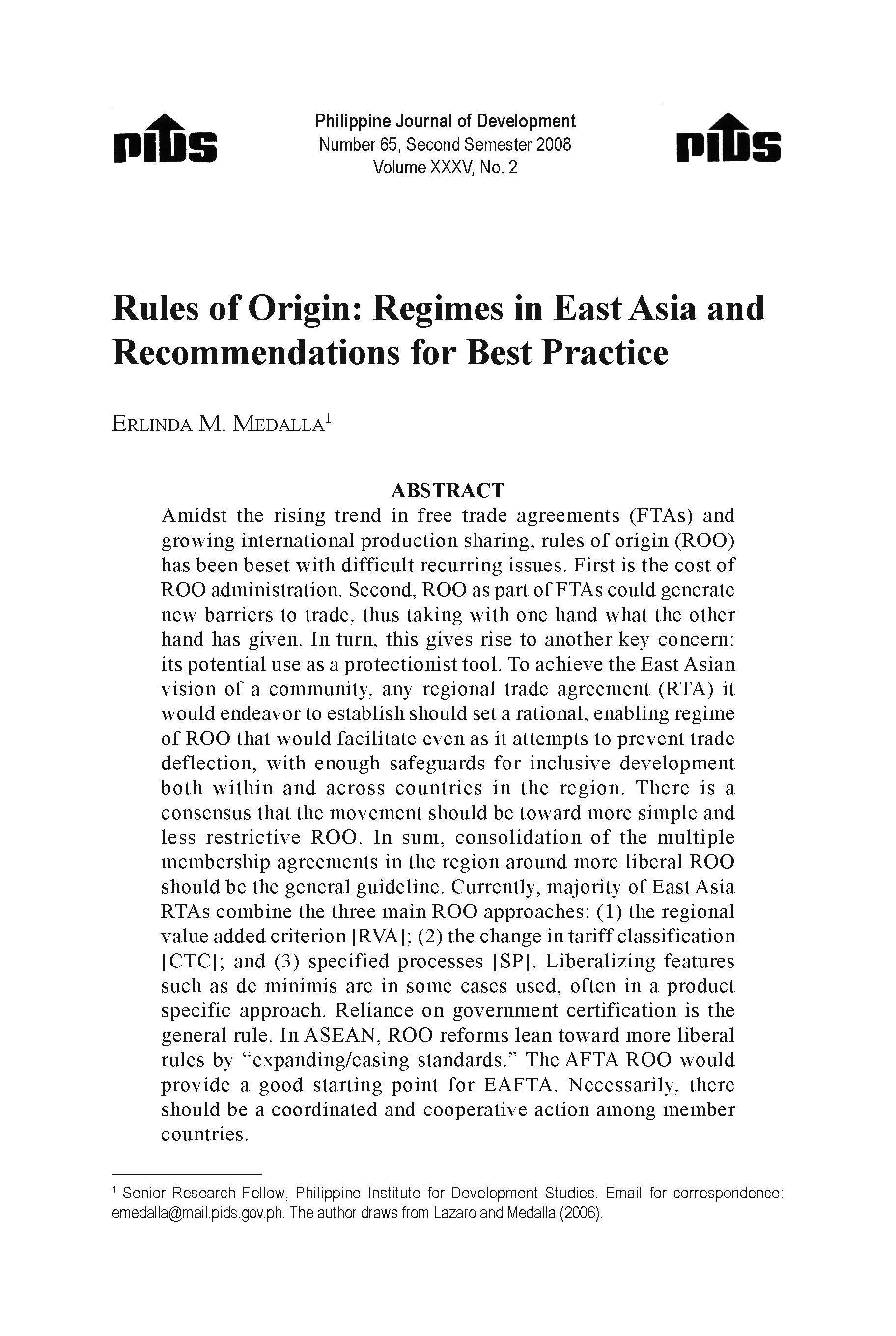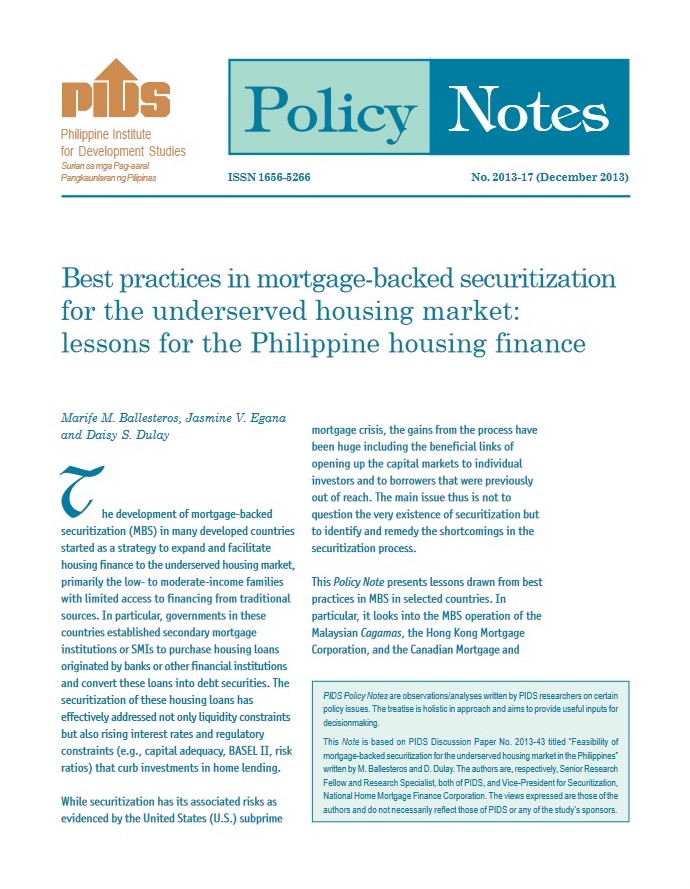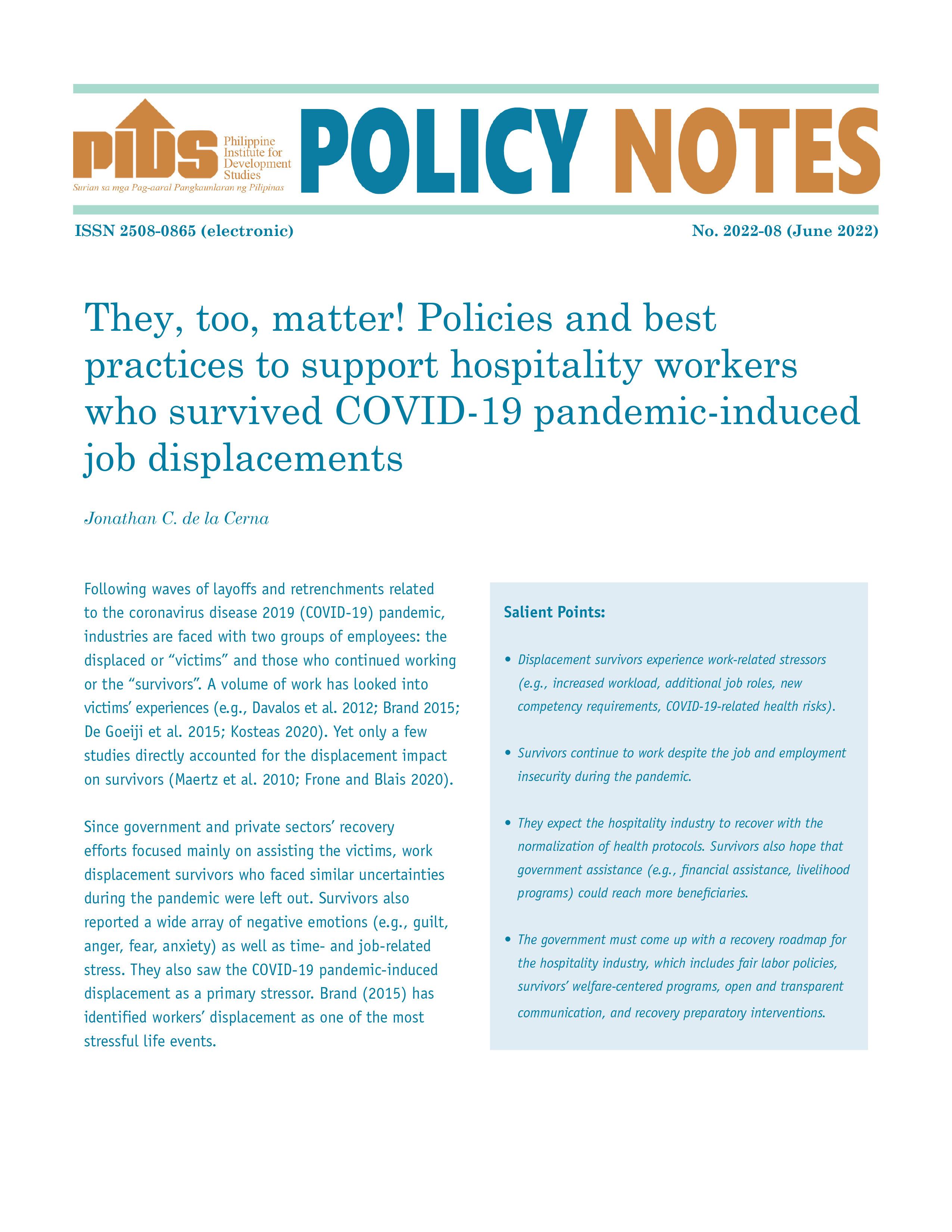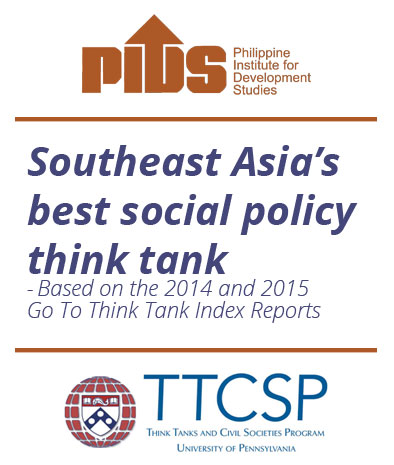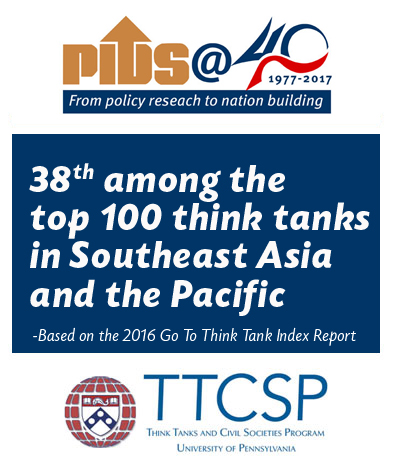MANILA, Philippines — The manner in which lawmakers were allocated funds from the Disbursement Acceleration Program (DAP) for projects they requested is the clearest confirmation that the program is similar to the pork barrel or the Priority Development Assistance Fund (PDAF) of lawmakers, the research group IBON said Friday.
IBON said that billion in pesos in DAP funds were also channelled to activities or agencies that contributed little to Malacanang's avowed goal of perking up the economy.
Malacanang on Friday afternoon (July 18) filed its motion for reconsideration with the Supreme Court, which declared in a 13-0 ruling that the program was unconstitutional.
DAP funds, estimated to reach to as much as P177 billion, came from "savings” pooled by the Department of Budget and Management (DBM) from various agencies. In its ruling, the SC said four practices that underpinned DBM’s execution of DAP violated the Constitution, including: the cross-border transfer of funds across different branches of government; the warped interpretation of savings before yearend; the arbitrary hijacking of funds allocated to certain projects under the budget law and realignment to others.
"President Benigno Aquino dispensed these billions of pesos to legislators, agencies, local government units and beneficiaries at his discretion, for purposes that he defined unilaterally, and with only a semblance of legality," IBON said.
Clearly pork barrel
"All these make the controversial DAP consistent with being pork barrel while not directly resulting in broad benefits to Filipinos," it added.
According to IBON, a scrutiny of the list of DAP-funded projects released by the DBM revealed that at least P17.3 billion was given as PDAF-type funding for "priority local projects nationwide requested by legislators, local government officials and national agencies."
There were three allotment releases for these in the amounts of P6.5 billion (approved by the office of the president on October 12, 2011), P8.1 billion (June 27, 2012) and P2.8 billion (December 21, 2012)
At least P30.7 billion worth of large lump-sum items were also approved including:
-P10.1 billion for ambiguously titled "various infrastructure projects," "various local projects," and "various priority projects" especially by the Department of Public Works and Highways (DPWH);
-P7.8 billion to local government units consisting for an "LGU support fund," "performance challenge fund," and "development assistance" to Quezon province; and,
-P10.9 billion for supposedly peace and development-related projects. There was also P2.0 billion for national roads in the president's home province of Tarlac and P43 million for "capacity-building" of non-government organizations and people's organizations.
Minimal impact on economy
At least P47.5 billion was also used for items and activities that IBON said had minimal impact on the economy, including P3.7 billion for improving government offices, purchasing information technology equipment, a global tourism media campaign, and others.
The government offices improved included Malacañang (P20 million), Department of Interior and Local Government (P100 million), Department of Tourism (P200 million), National Economic and Development Authority (P207 million) and Philippine Institute of Development Studies (P100 million).
IBON also said the P7.6 billion worth of projects to the Light Rail Transit Authority, Department of Science and Technology, some hospitals and others had "minimal stimulus effect," as the money was spent on largely imported equipment and supplies or training of employees for foreign Business Process Outsourcing firms.
There was also P36.1 billion of mainly financial transfers and payments especially for recapitalization of the Bangko Sentral ng Pilipinas, but also including various equity infusions or payments of financial obligations of government agencies, according to the group.
"The profile of the projects funded by DAP do not fit with either delivering services to the people or stimulating the economy. The case of the DAP illustrates how the abuse of presidential powers and discretion makes hundreds of billions of pesos in public funds vulnerable to use for patronage and partisan politics and, at worst, corruption," IBON said.//
DAP allocations best confirmation of pork barrel in disguise — IBON
Related Posts
Publications
Press Releases
Video Highlights
[No related items]
Infographics
[No related items]

